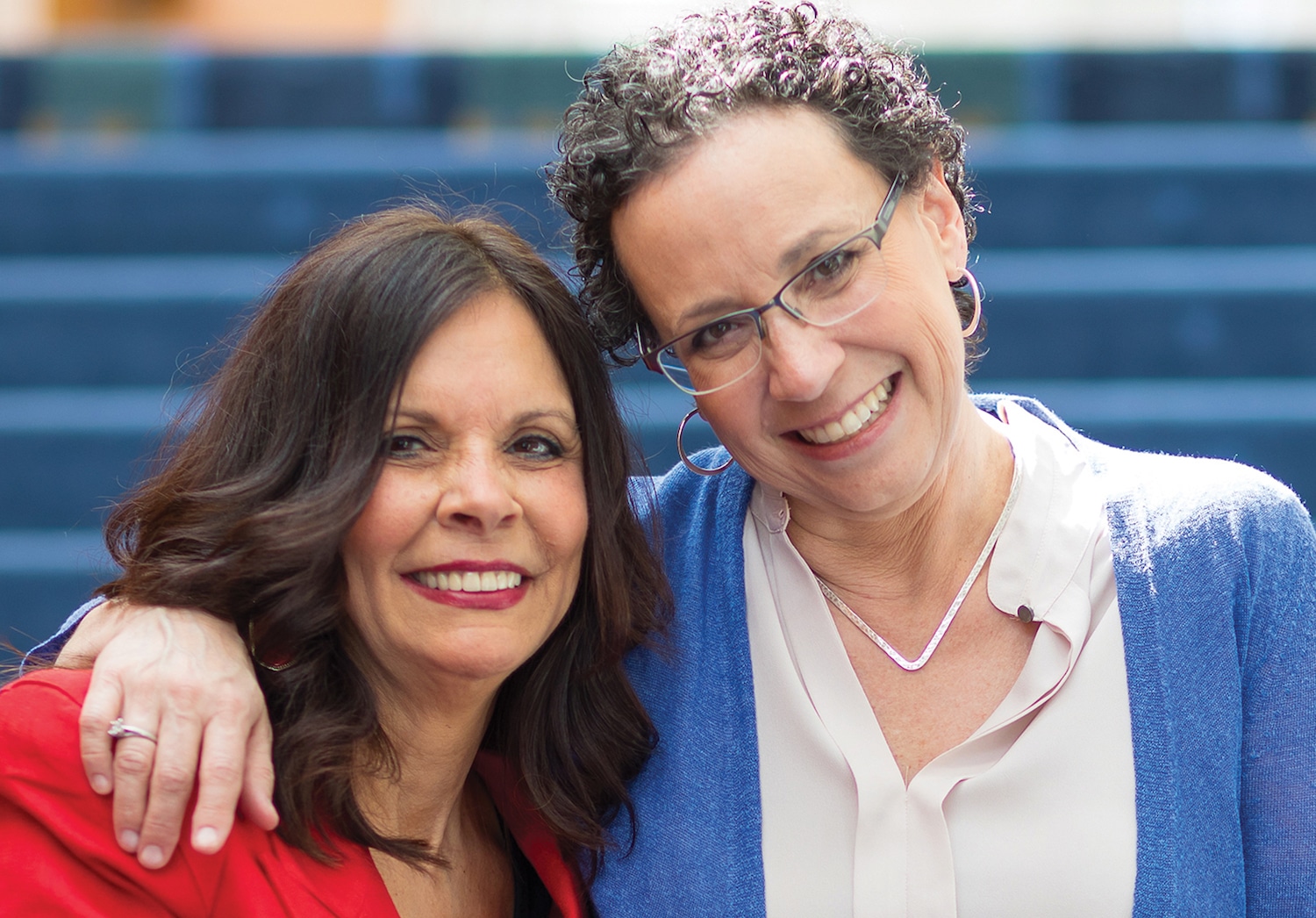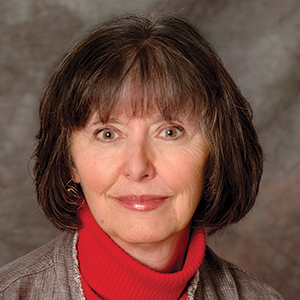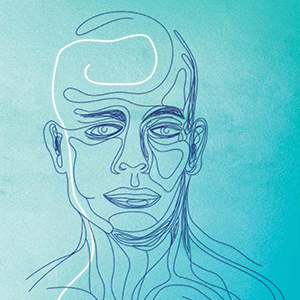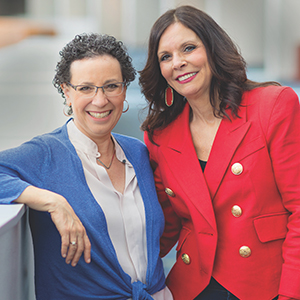Fall 2017 Vol. 07 Issue 03
-
From the Editor-in-Chief
Metabolism and CancerCan cancer's dependence on sugar help researchers find new targets to treat the disease?
by William G. Nelson, MD, PhD
-
Your Cancer Guide
Clinical Trial ConsiderationsLearn what questions to ask before participating in a study.
by Hester Hill Schnipper
-
Caregiving With Confidence
The Dangers of Caring Too MuchShifting some responsibilities may empower your loved one and strengthen your relationship.
by Aimee Swartz
-
Breaking Down a Cancer Diagnosis
During her husband's treatment for metastatic prostate cancer, Jan Manarite learned what questions to ask. Now she shares what she learned with others.
by Marci A. Landsmann
-
Cancer Control in the Community
Successful public health initiatives to prevent, detect and treat cancer require widespread community participation.
by Marci A. Landsmann
-
Challenges Remain for Kids With Cancer
More children are being treated successfully for cancer. Yet researchers continue searching for new therapies that will help kids who don't respond to standard treatments.
by Cameron Walker
-
Scholarships for Survivors
Cancer survivor creates scholarship fund for young adult cancer survivors.
by Lindsey Konkel
-
Vaccines: Looking Within for Cancer Treatment
Researchers are testing treatment vaccines that spur the immune system to attack cancer.
by Stephen Ornes
-
Advocacy in Action
Fearless FriendsLori Marx-Rubiner and AnneMarie Ciccarella met on social media and grew close through their cancer research advocacy.
by Sue Rochman
-
In the Moment- Fall 2017
Wanda Huskins, Renee Soriano, Holly Hamer.
Participating in a structured exercise program after treatment was associated with a reduced risk of recurrence in people who had colon cancer.
by Sandra Gordon
Gaps in Survivorship Care Leave Unmet Needs After Cancer TreatmentA survey of head and neck cancer survivors reveals that many are not getting adequate survivorship care and may not even know it is available.
by Cameron Walker
Improving Communication for Deaf Cancer PatientsAfter a cancer diagnosis, people who are deaf or have hearing problems can struggle if accommodations don’t meet their communication needs.
by Eric Fitzsimmons
Is Immunotherapy Right for People Hospitalized With Advanced Cancer?Researchers find no evidence that immune checkpoint inhibitors benefit cancer patients getting inpatient care. They urge earlier consideration of palliative care.
by Kyle Bagenstose


















